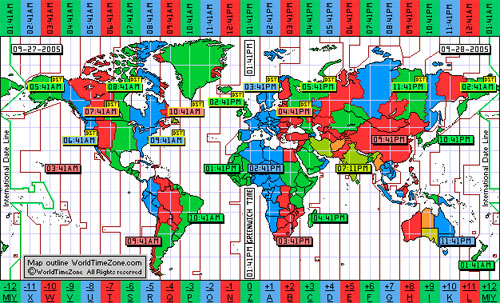I’ve been on a fair few flights recently (15 in the last three years and counting) and, climate change issues aside, the one thing which I find the most difficult about long-distance travel is jet lag. Arriving at your destination exhausted, disorientated, irritable, unable to concentrate, and with a raging headache is not much fun. This is especially problematic when you’re somewhere for the first time, don’t speak the language, and don’t know your way around!

The phenomenon is caused by a mismatch between the time zone you’re in and your body clock thinking it’s still somewhere else (regulated by circadian rhythms determined by daily light/dark cycles). Whilst jet lag affects different people in different ways there are some basic measures you can take to minimise the effects of crossing multiple time zones and get your biological clock back in sync:
- Start to shift your body clock in advance by gradually adjusting the time you go to bed and wake up in the direction you’re heading.
- Avoid dehydration on the plane by drinking plenty of water (1 cup per hour) but avoid alcohol and caffeine.
- Make sure you stretch your legs and arms every few hours on the plane to keep your blood circulation flowing.
- When flying through the night try to get some sleep in accordance with the time at your destination – be sure to take earplugs, an eye mask, a neck pillow, and wear comfortable clothes.
- Force yourself to stay awake if it’s daytime when you arrive – combat the desire to sleep by taking a cold shower and getting some fresh air/sunlight outside.
- Go to bed and eat meals at the local time – high protein foods (meat & vegetables) will help you stay awake while carbohydrates (rice & noodles) will make you feel sleepy.
Also be warned that travelling east is worse than travelling west due to the effects of shortening the day, giving the body less time to adjust. When going eastwards point 1 is even more important to soften the blow. As a general rule, the body can take up to a day to adjust for every time zone travelled through, as always time is the best cure.
Does anyone else have any useful travel tips?

Reply